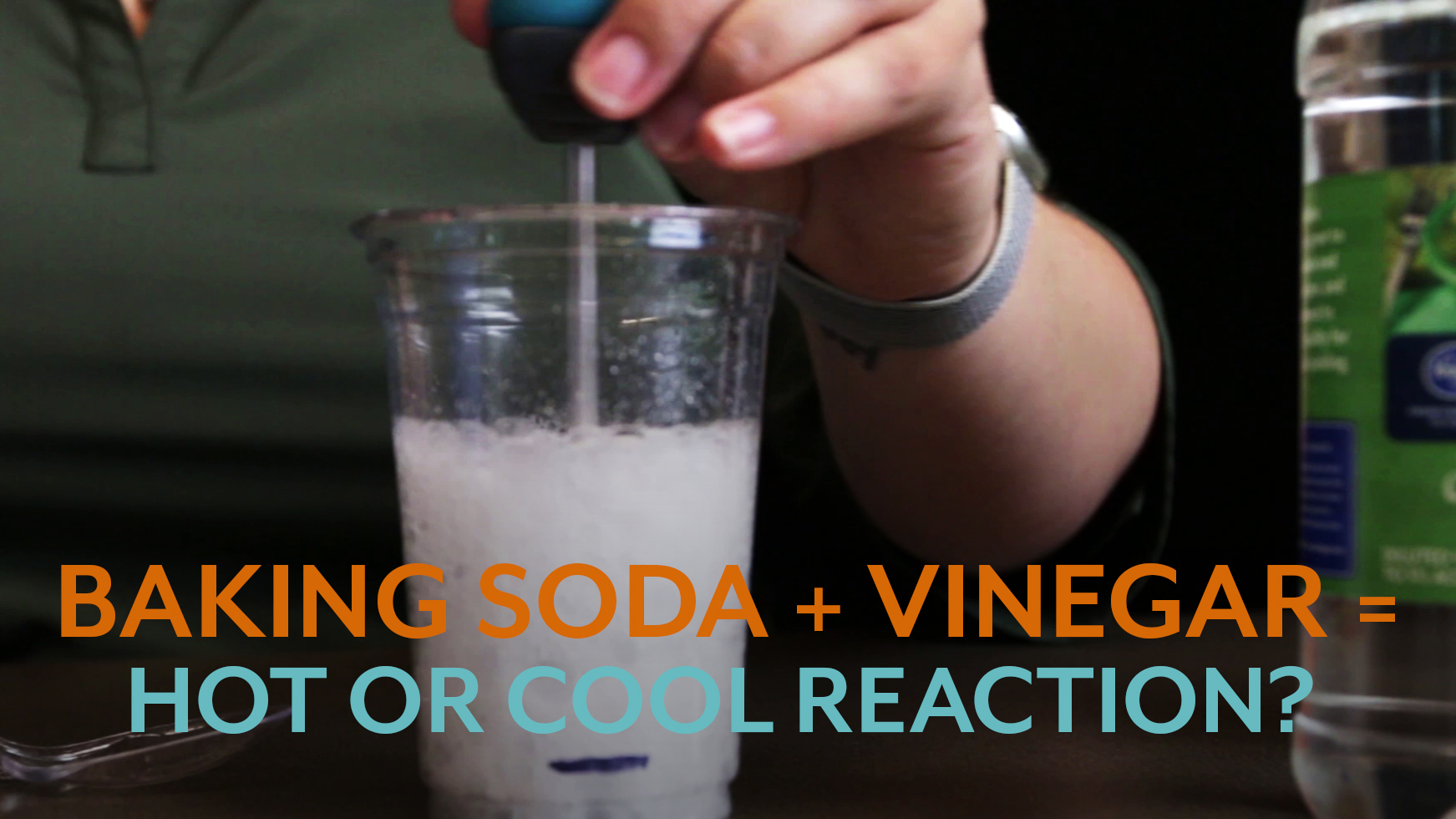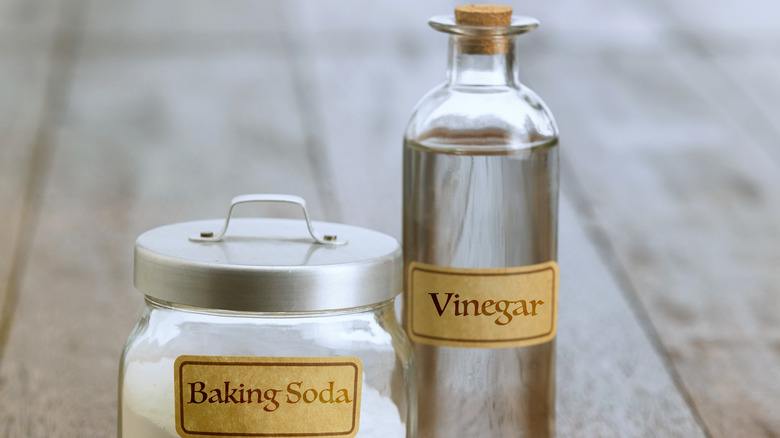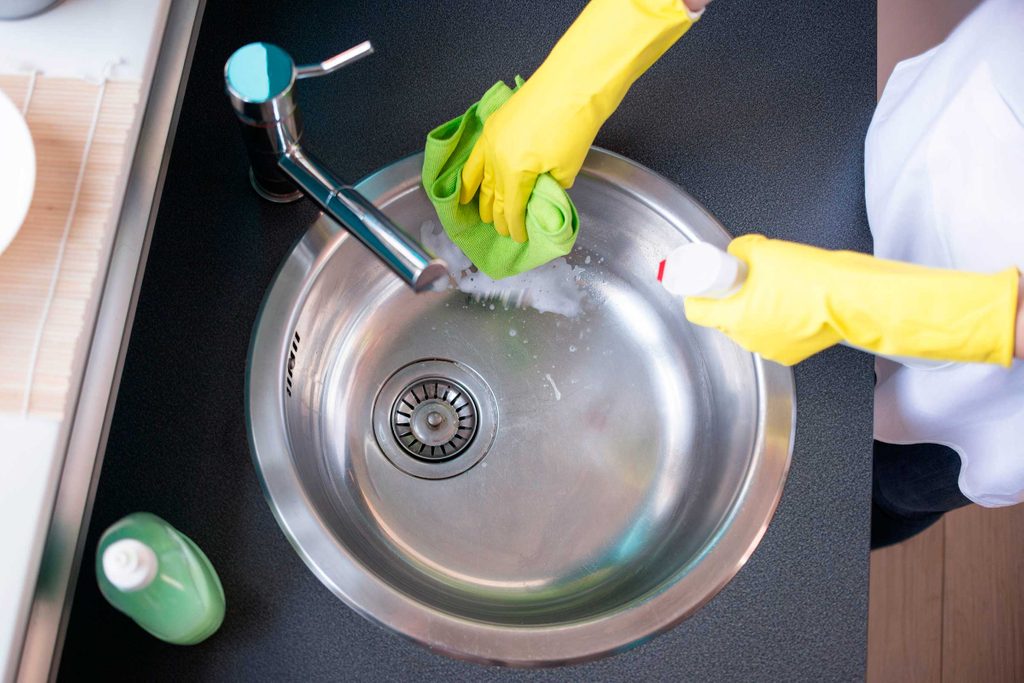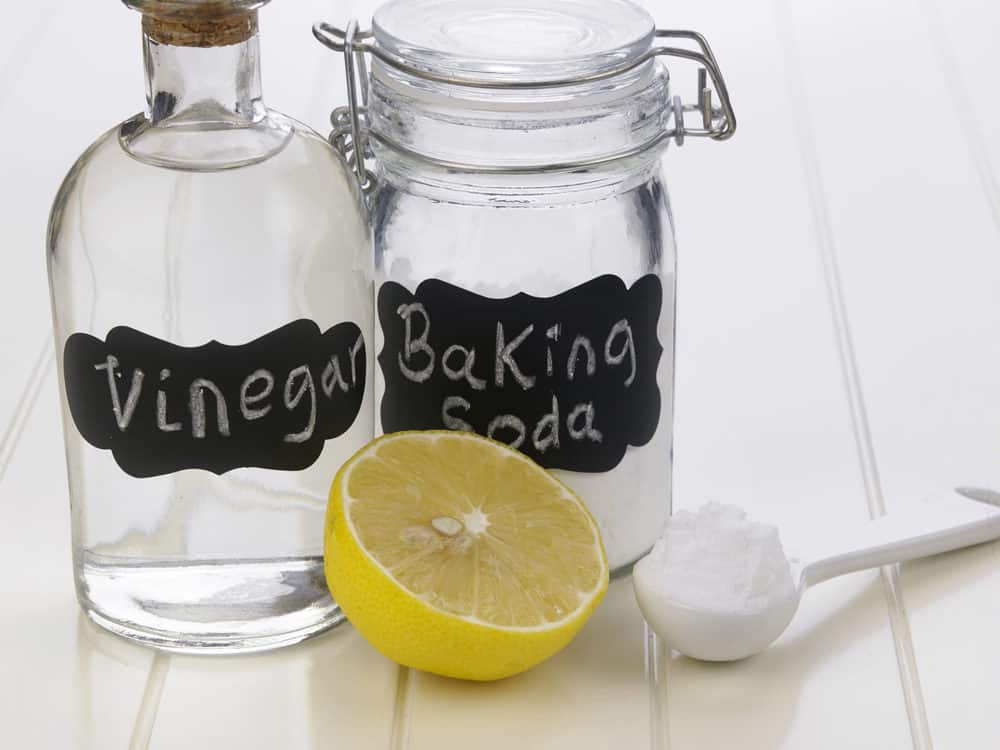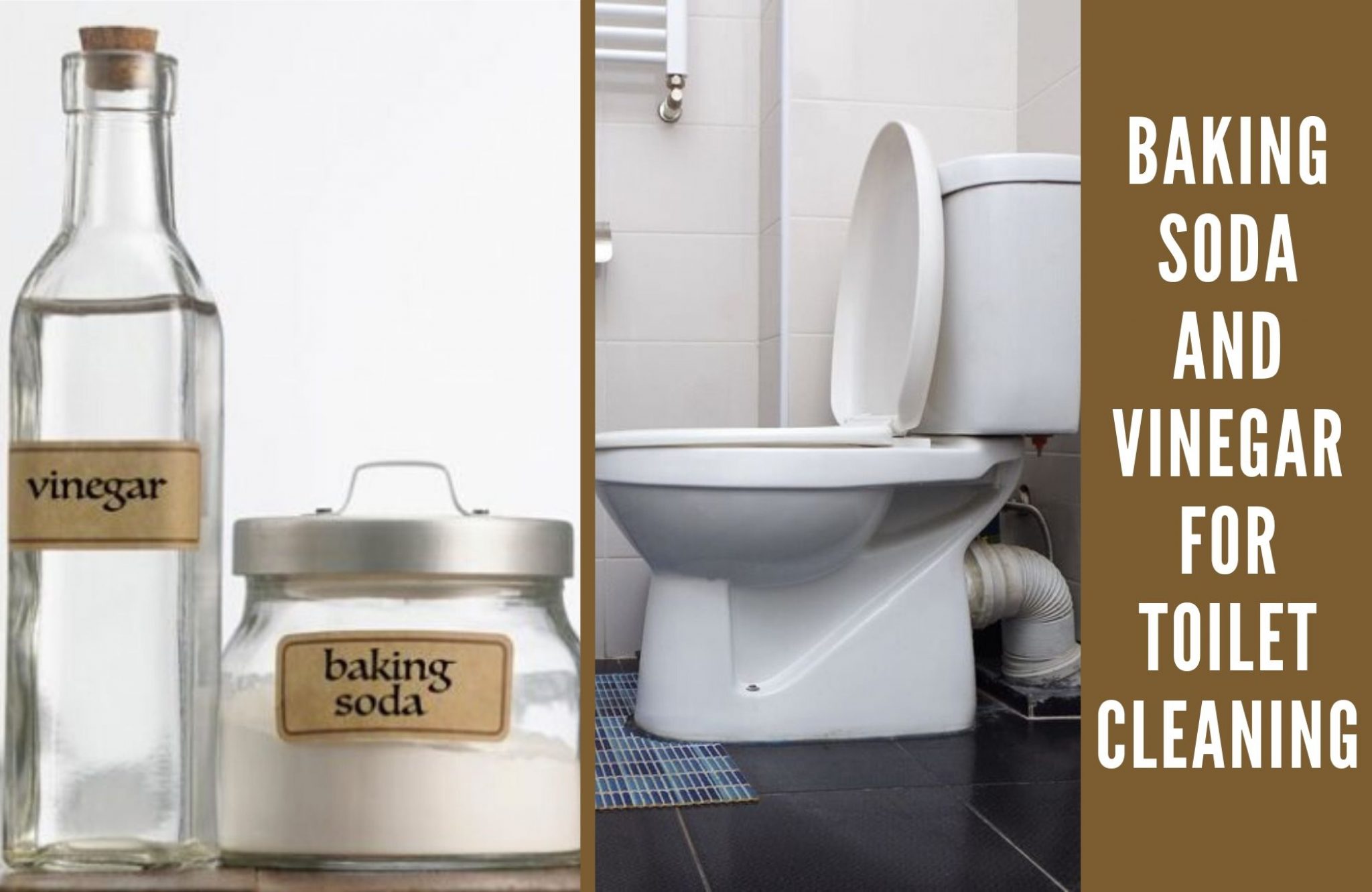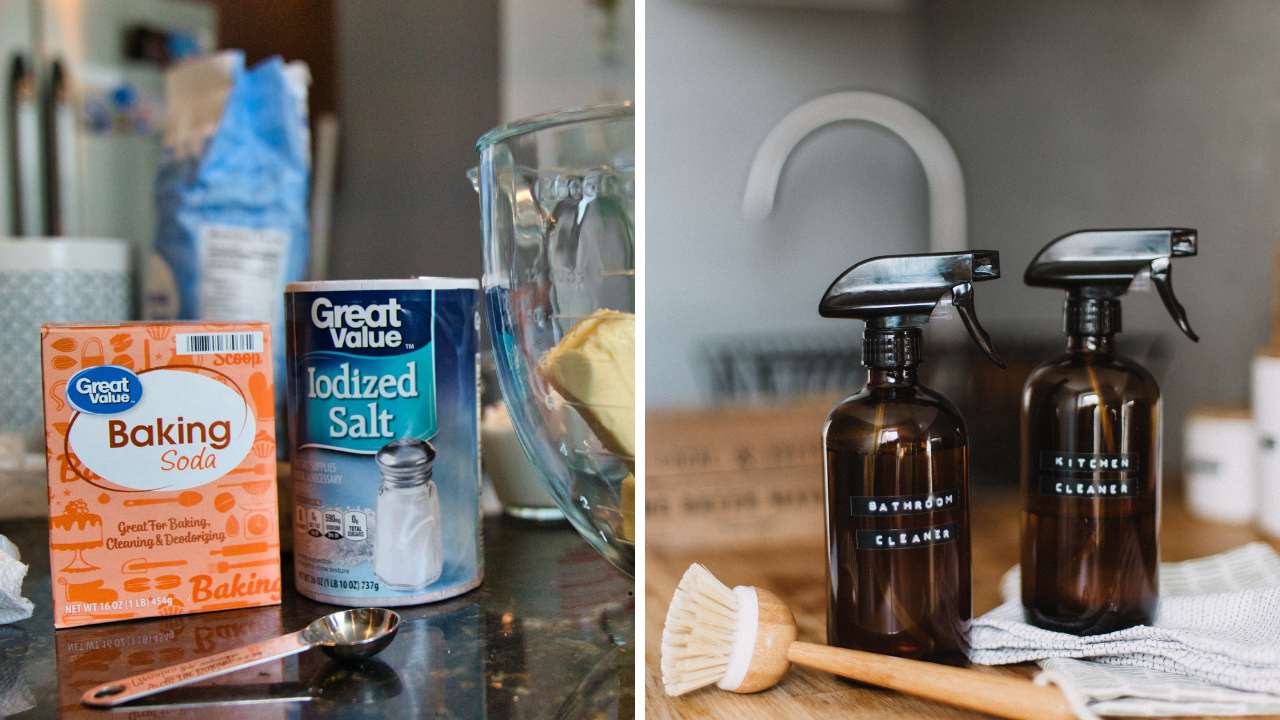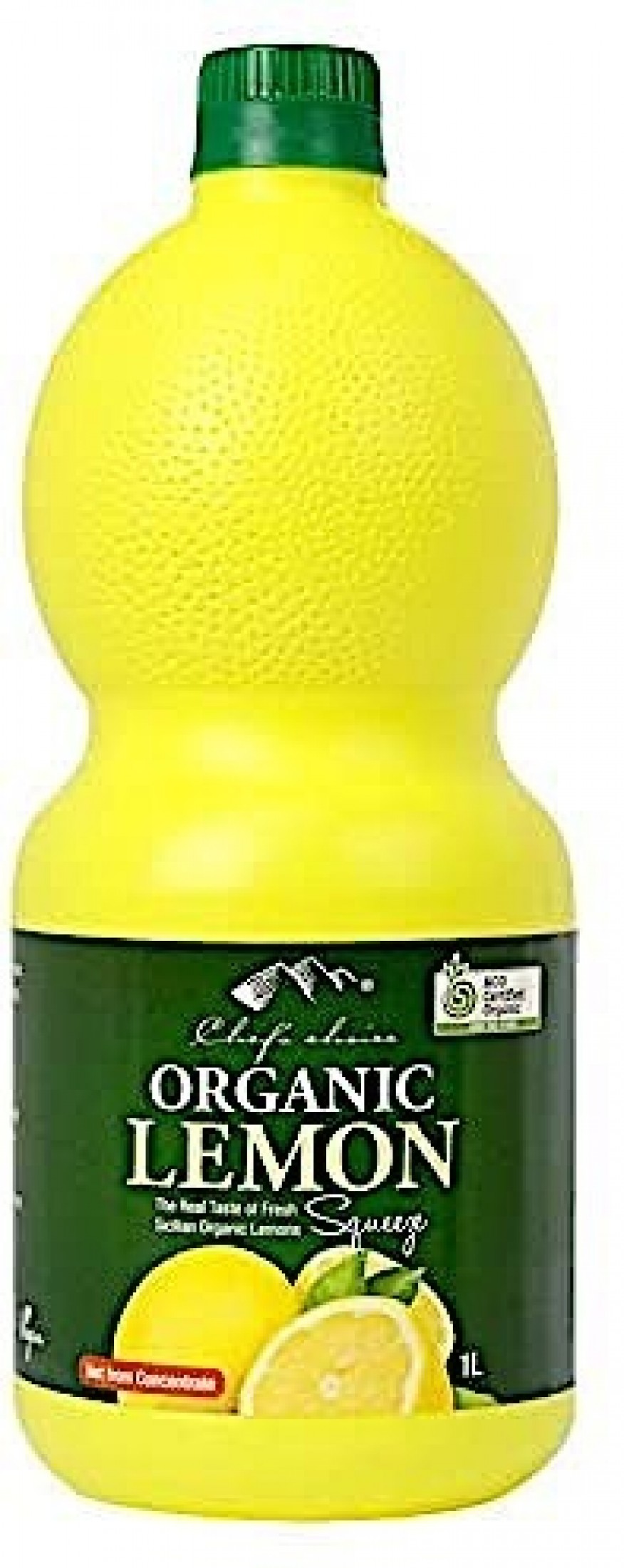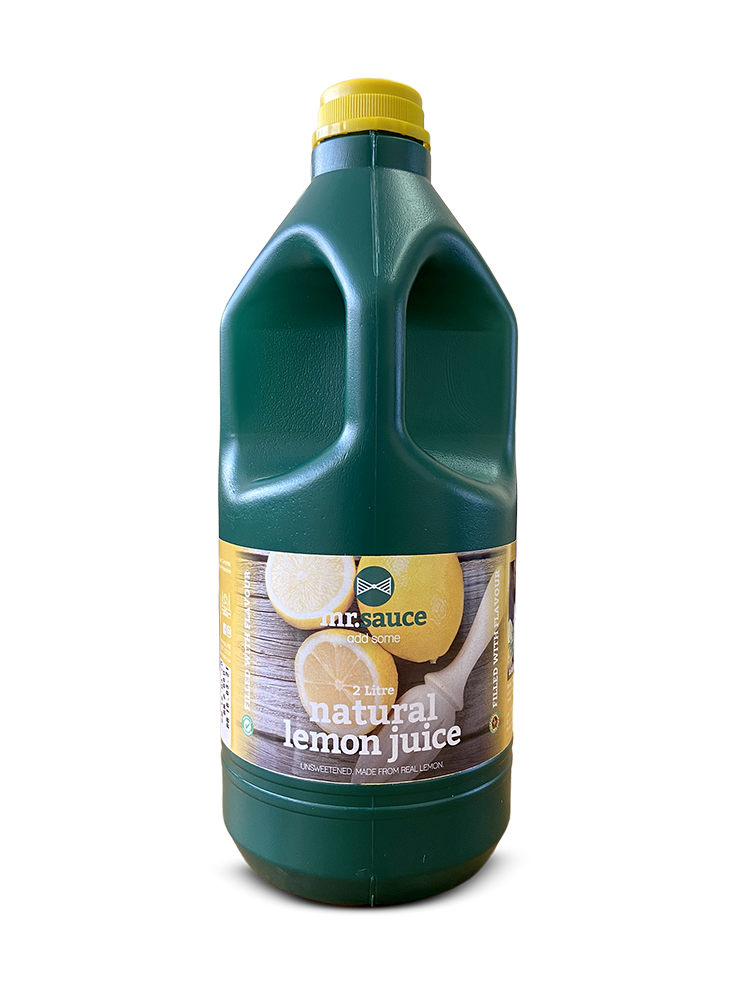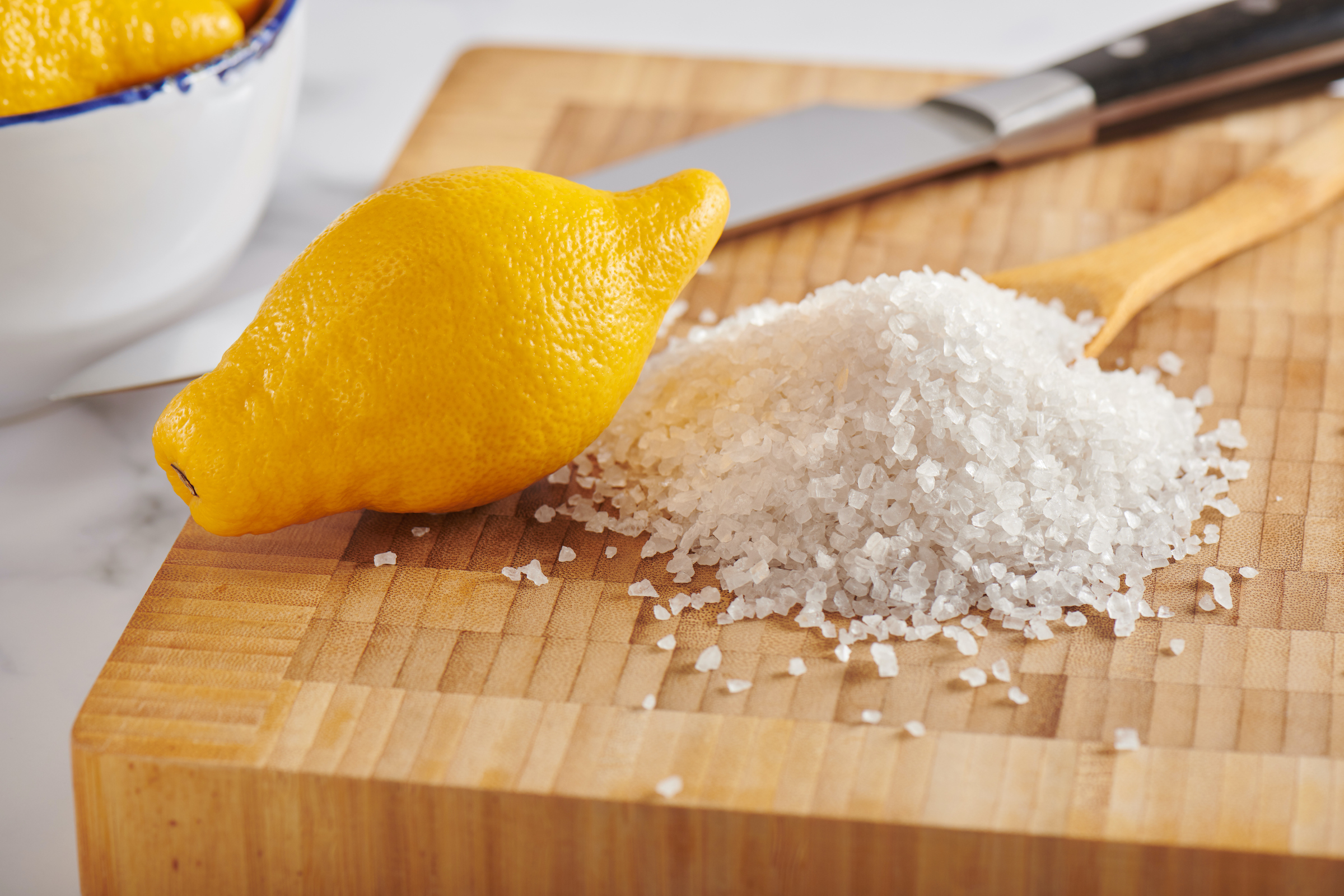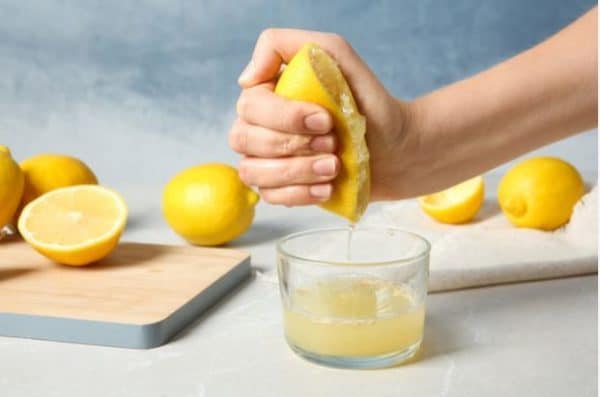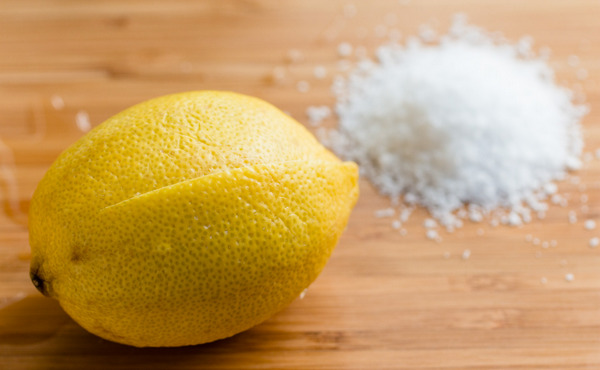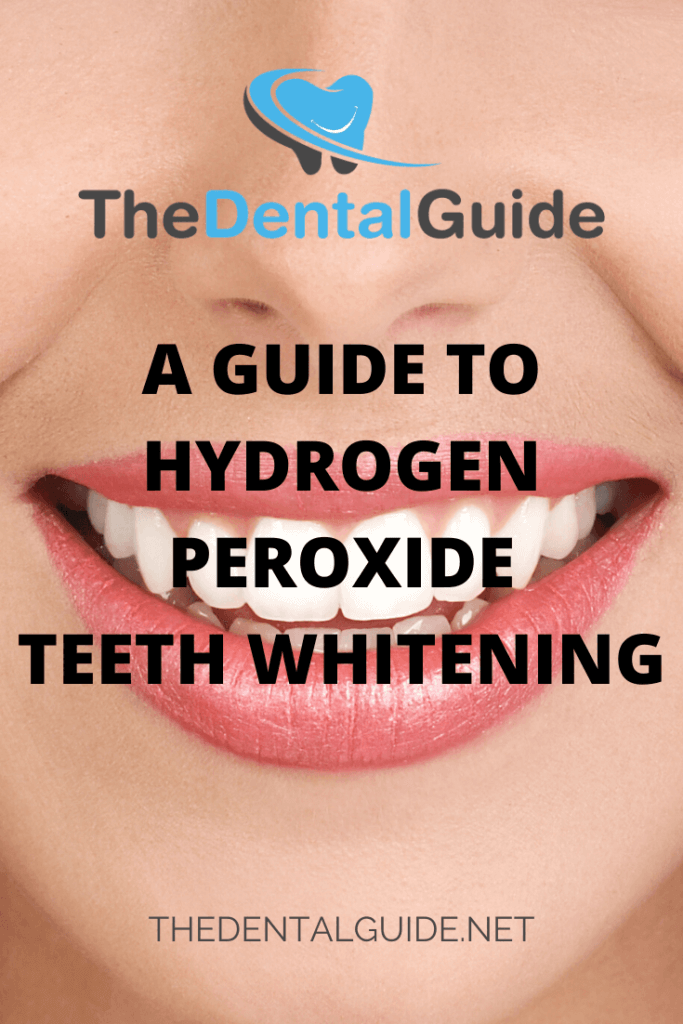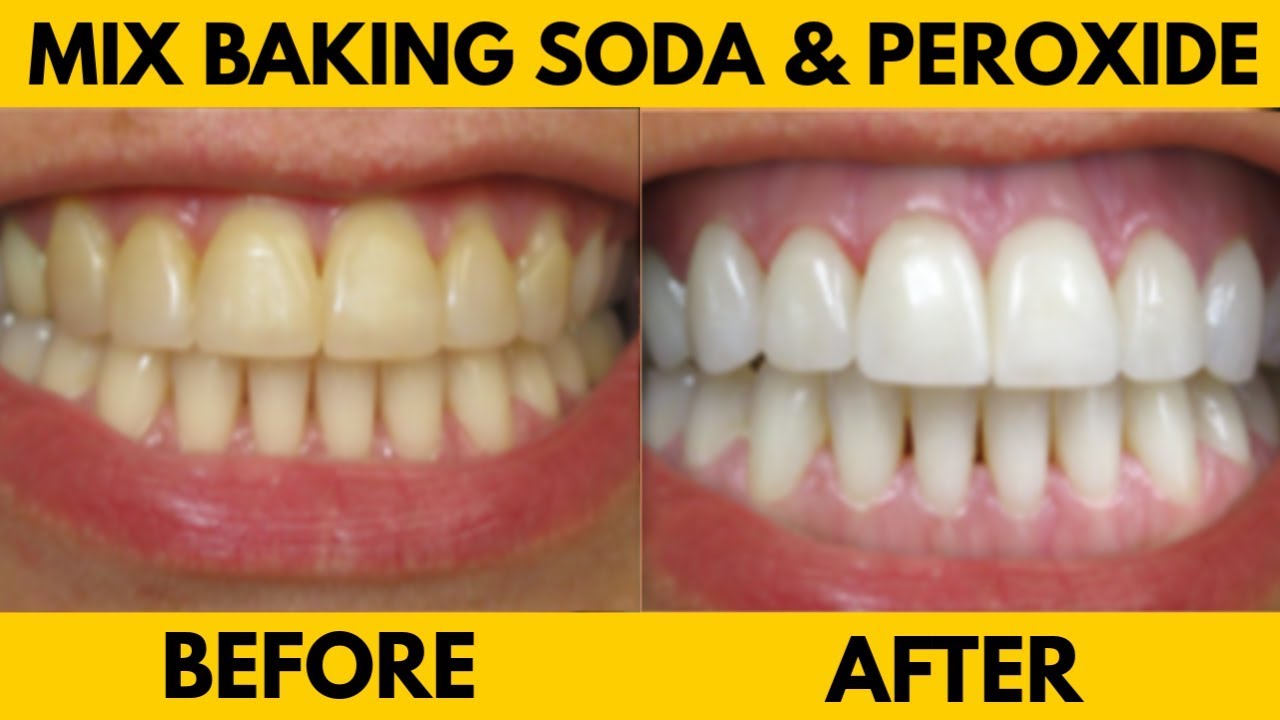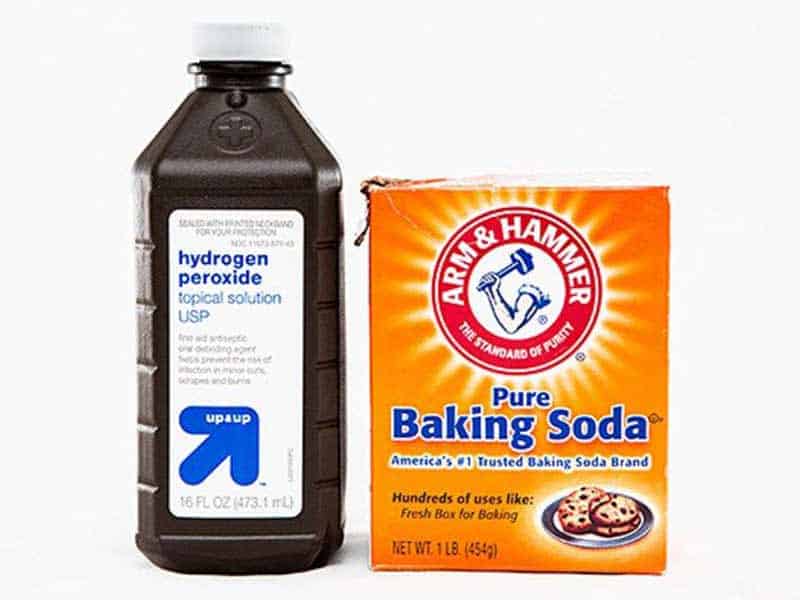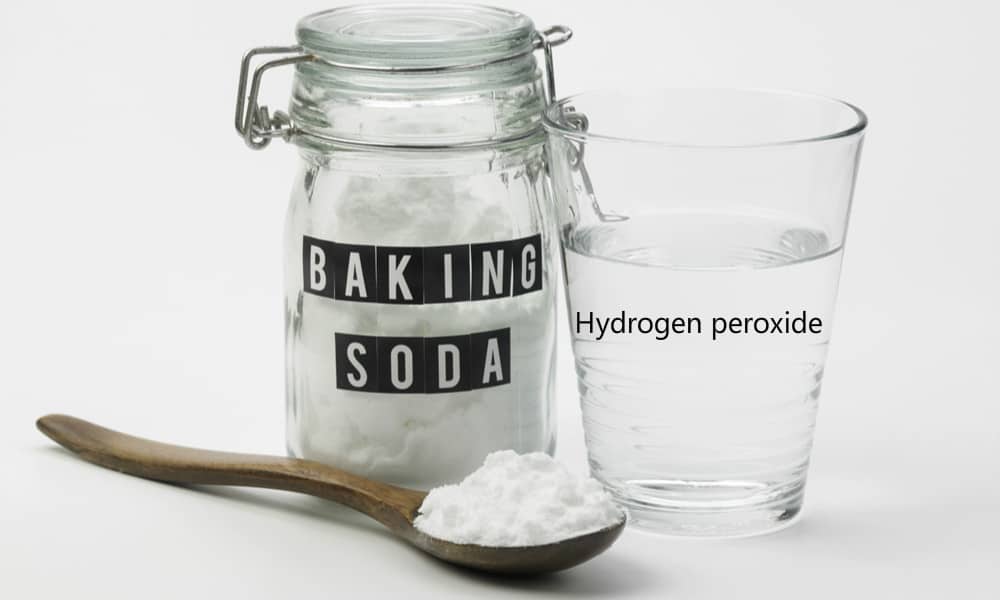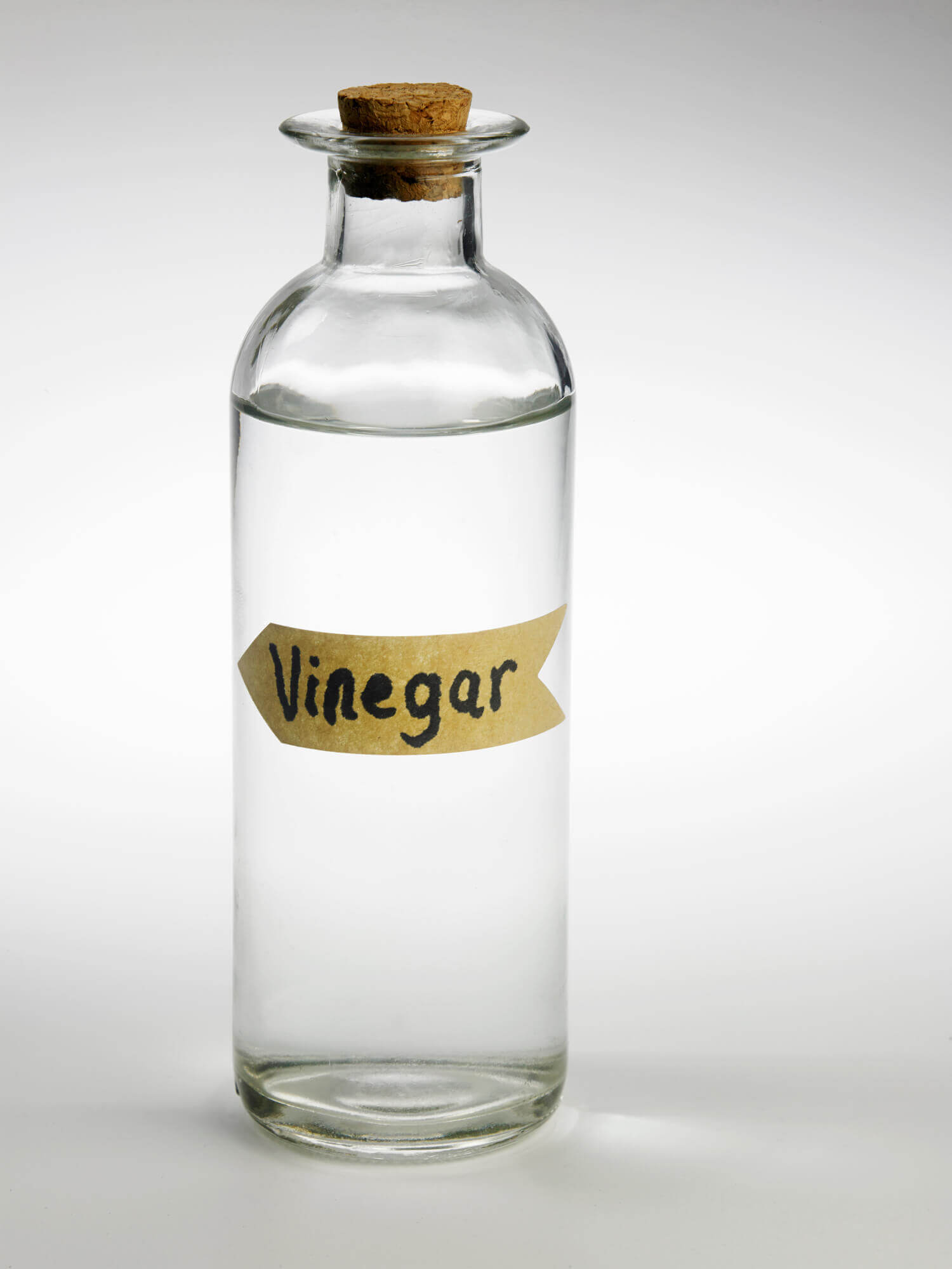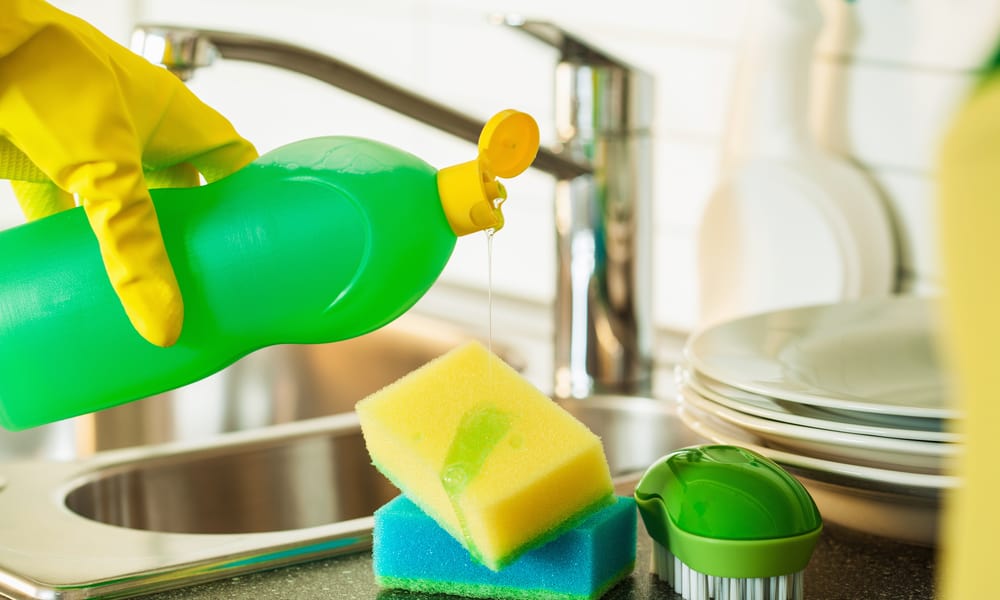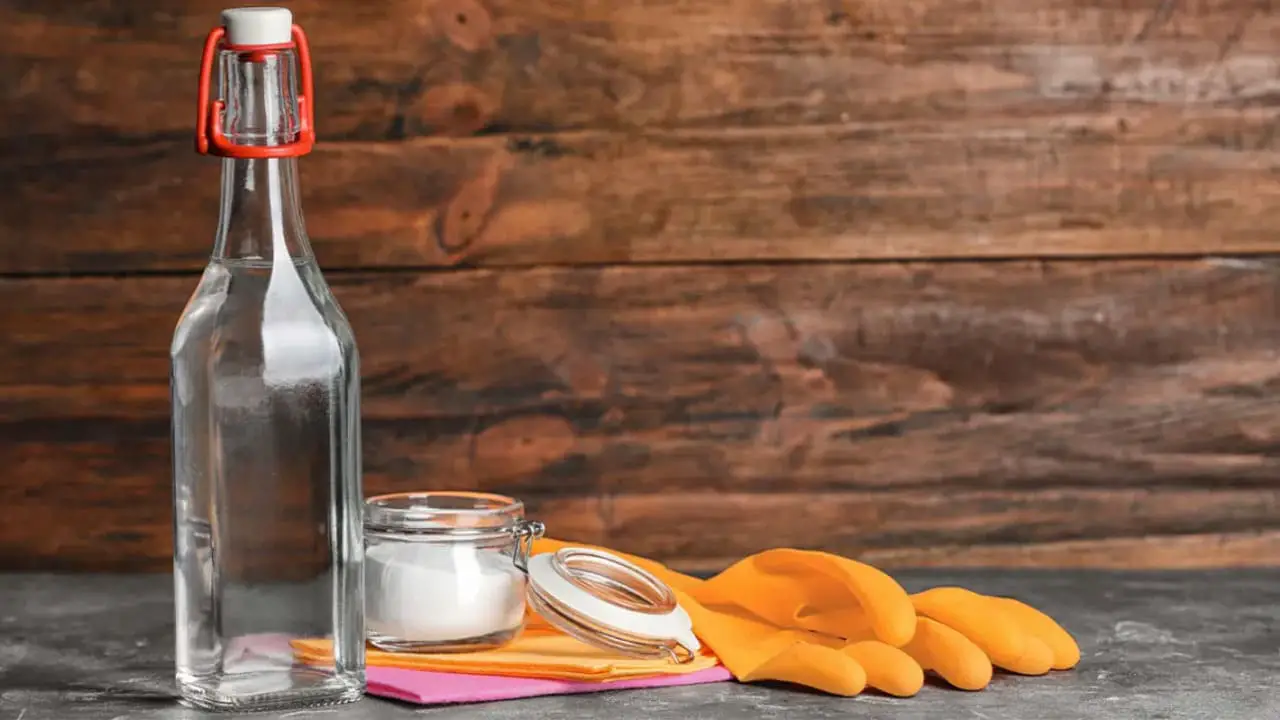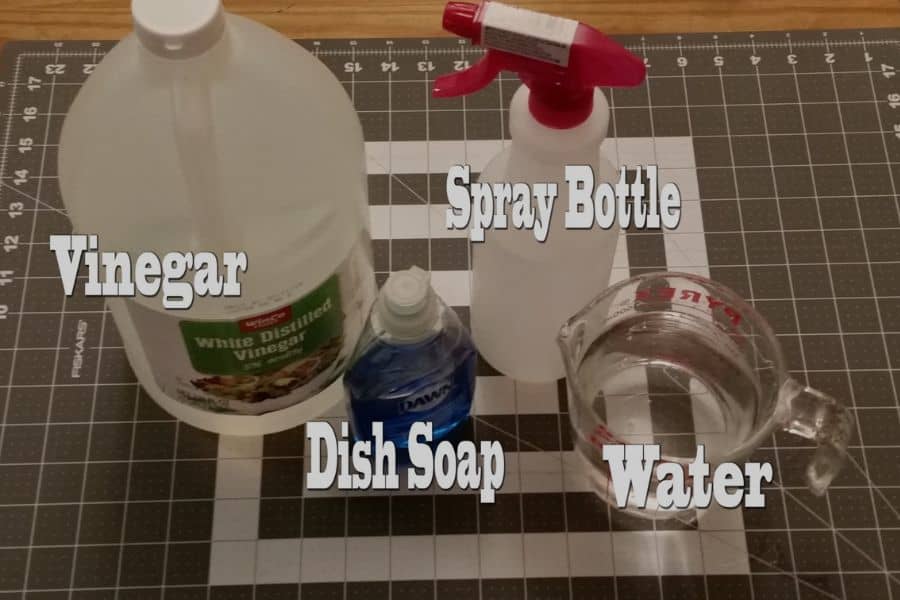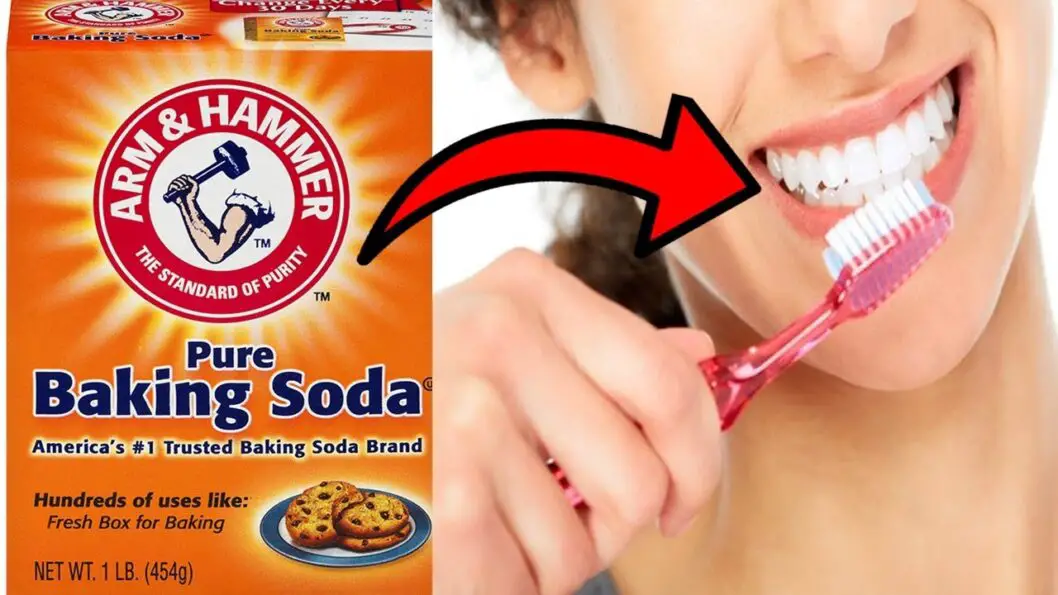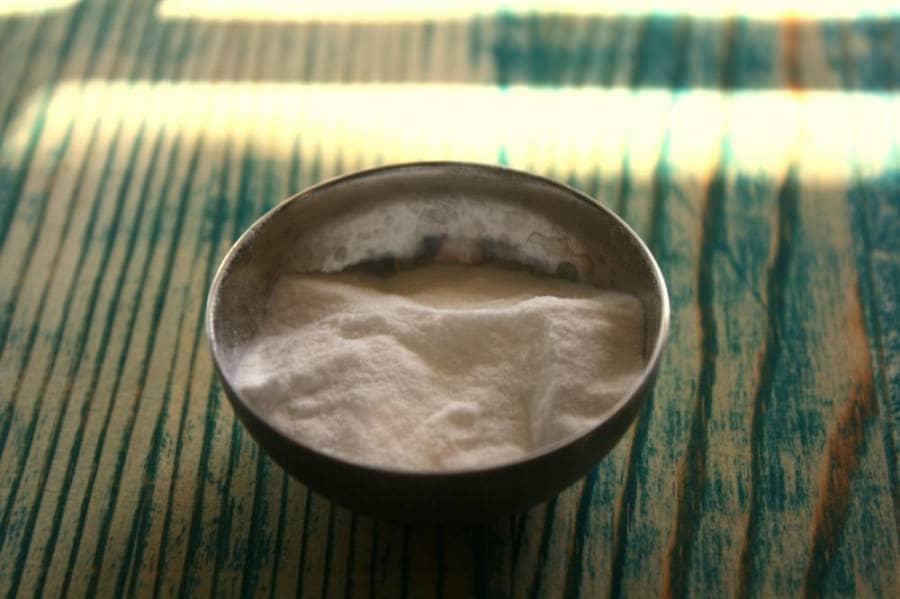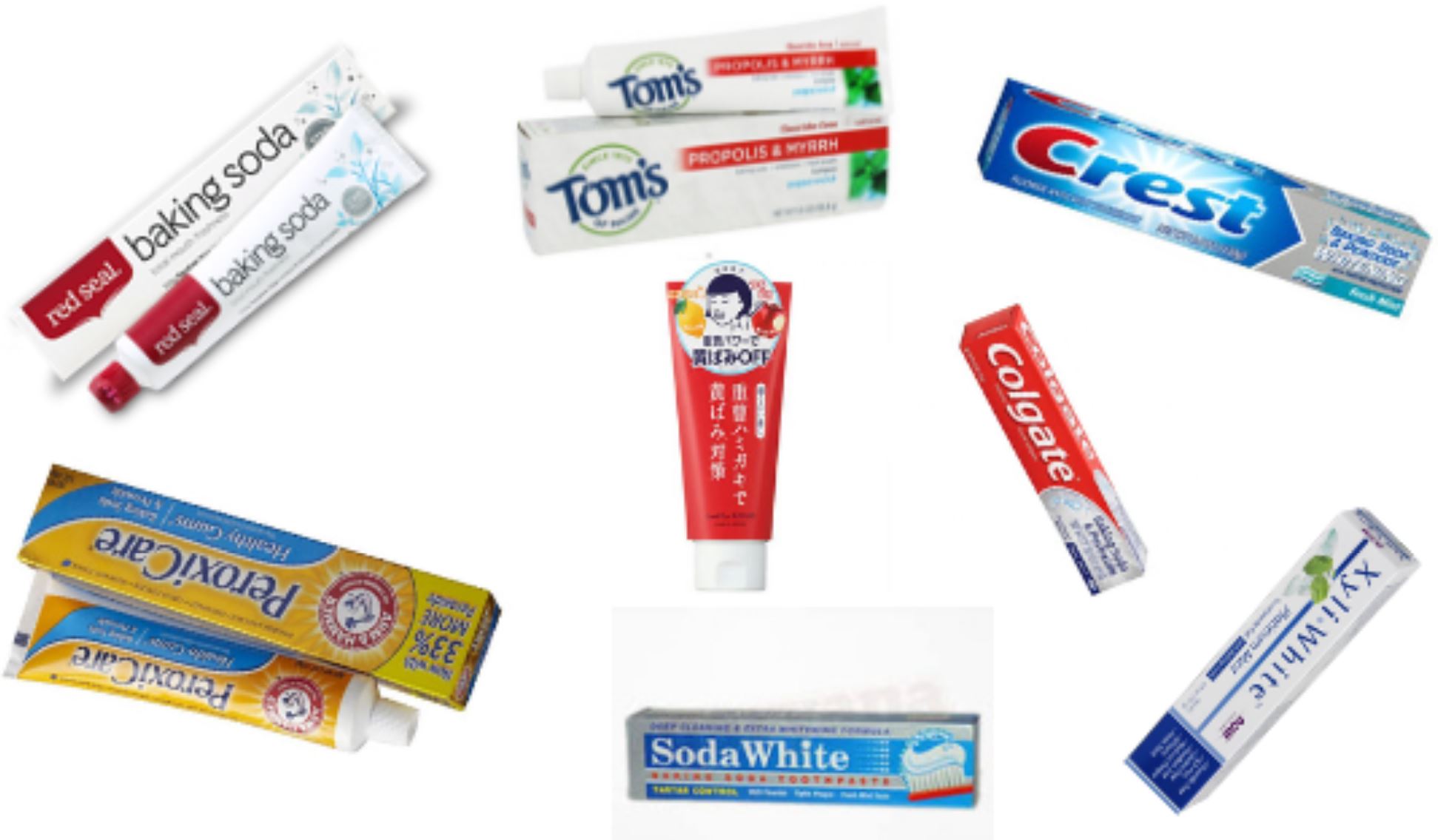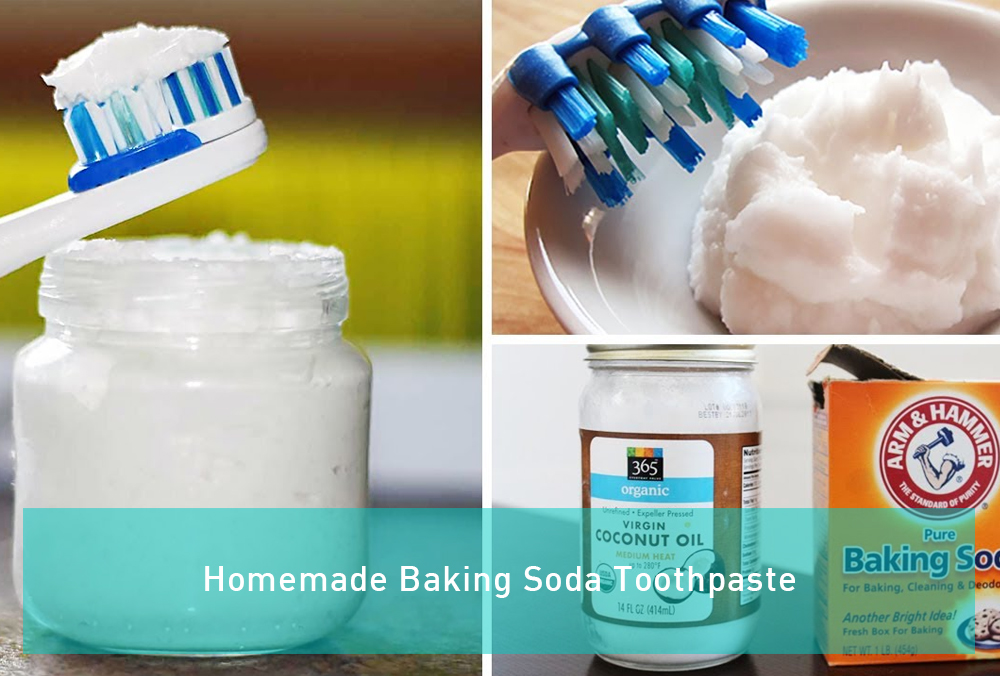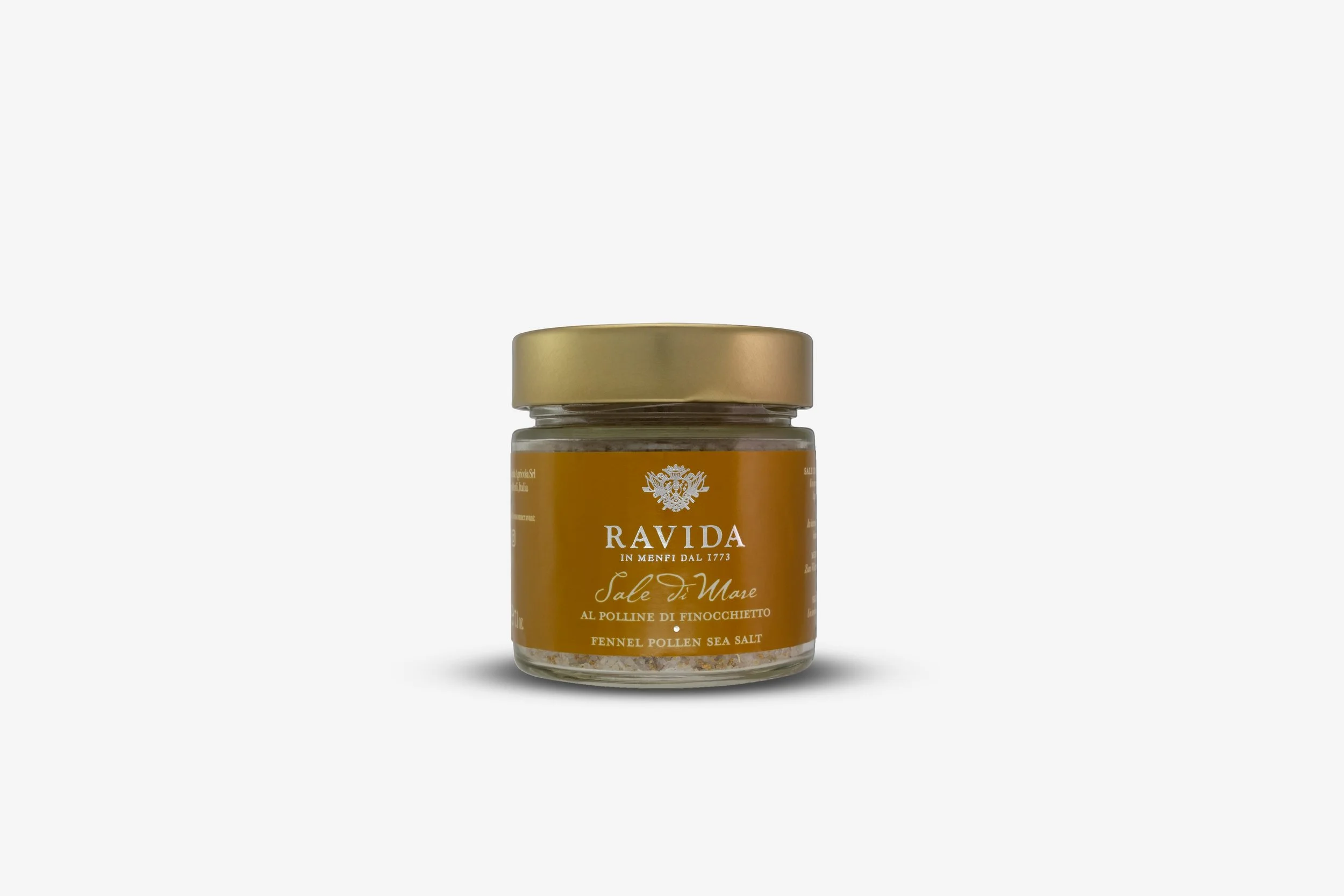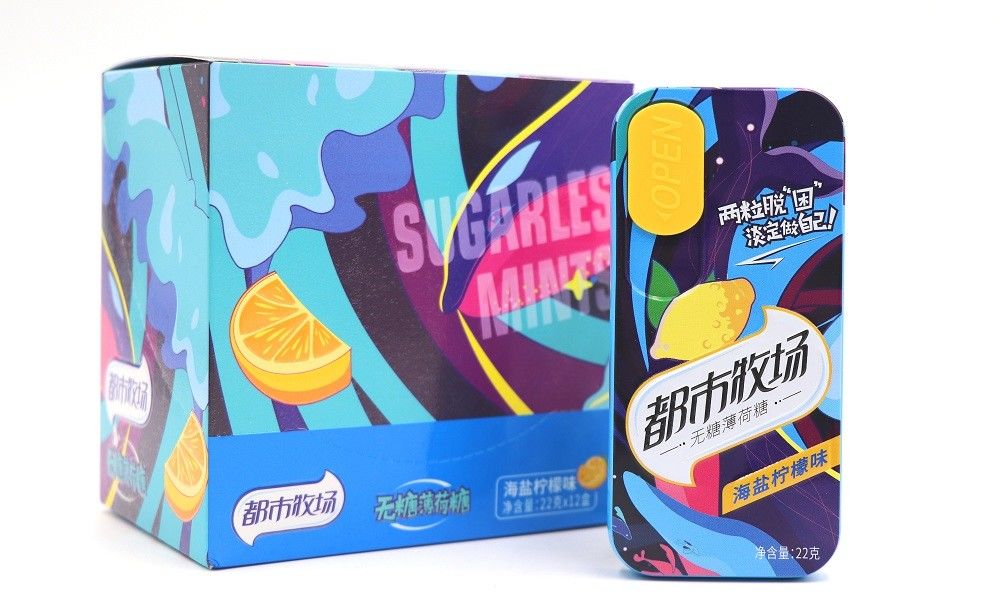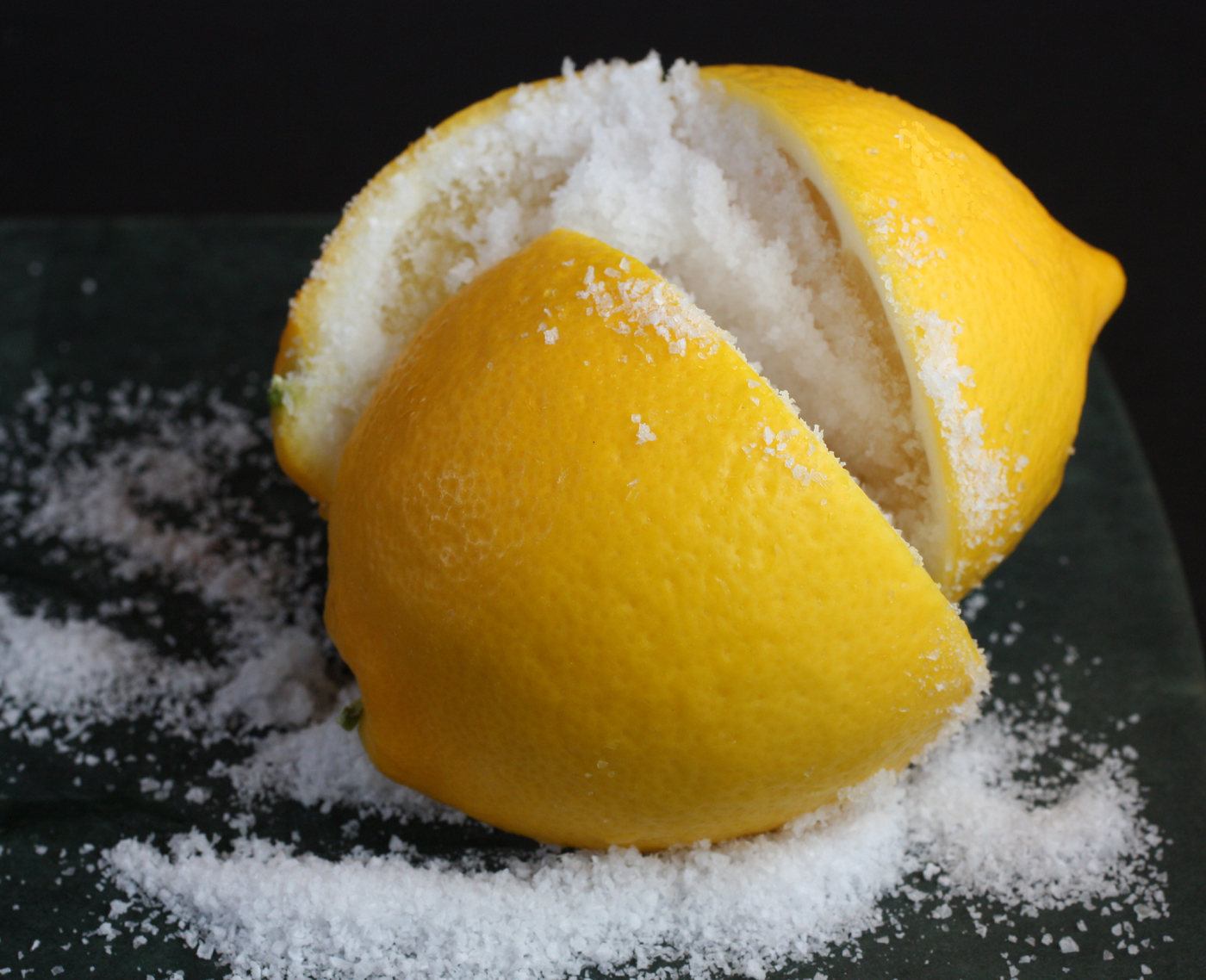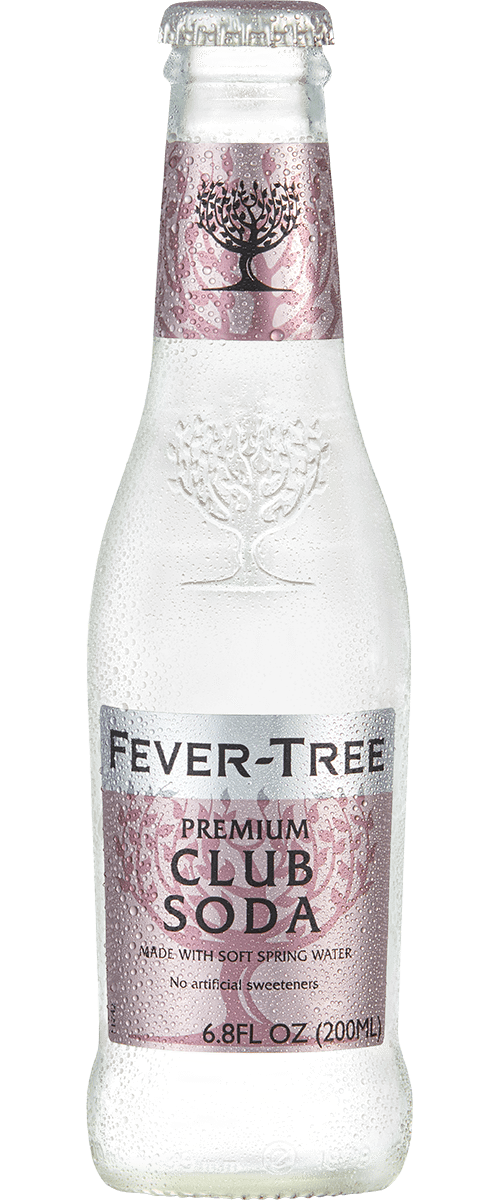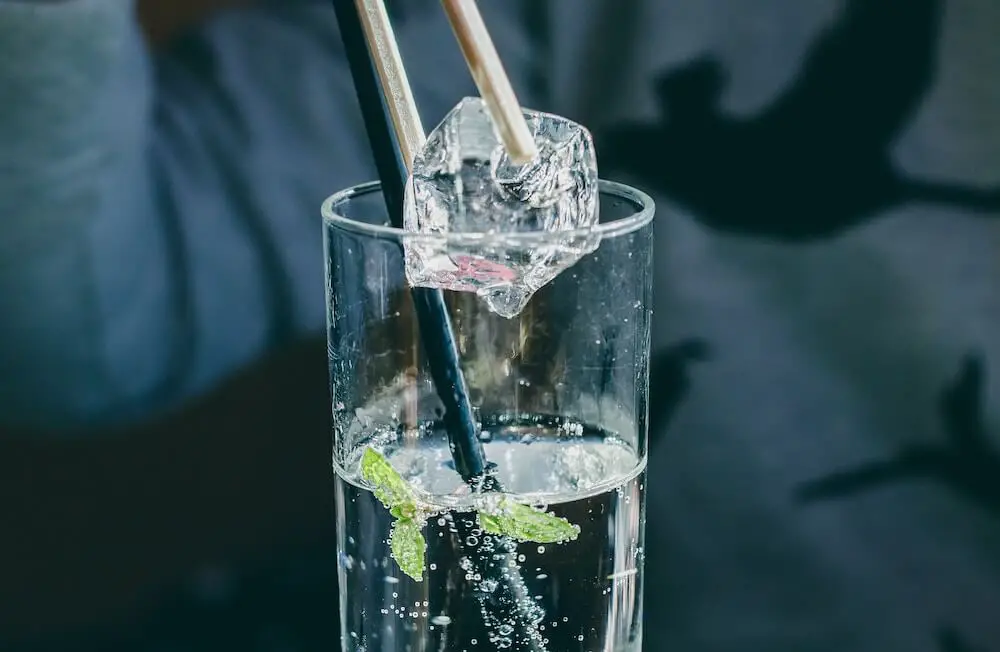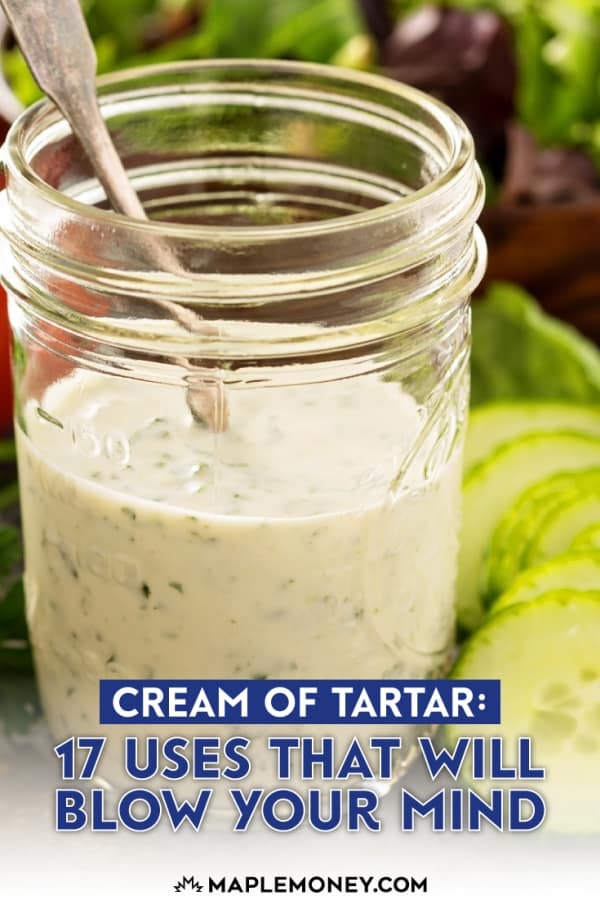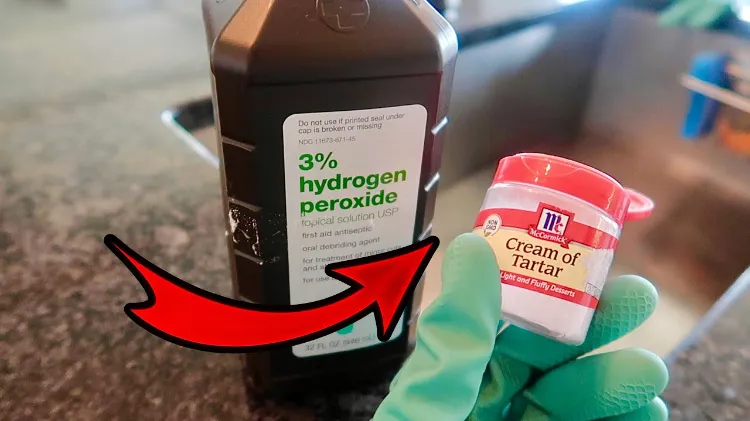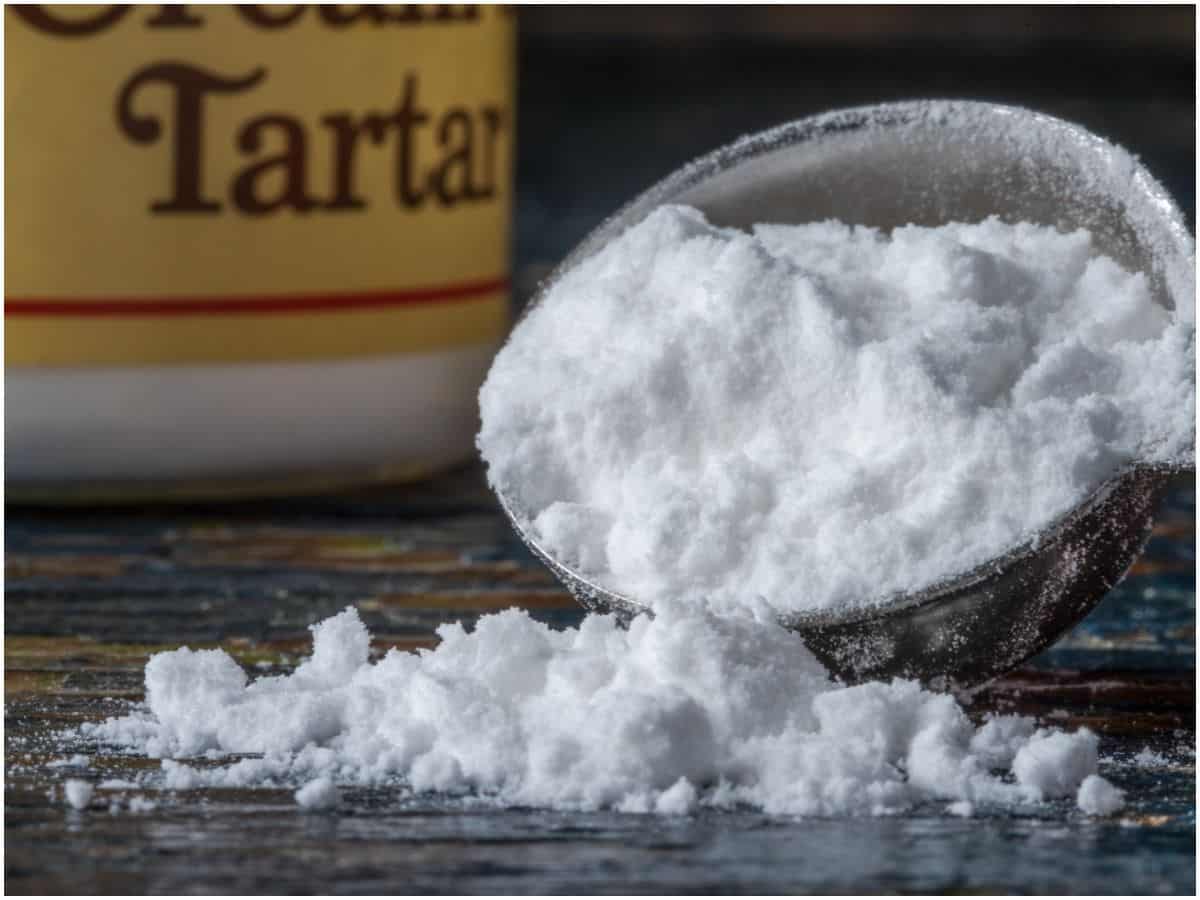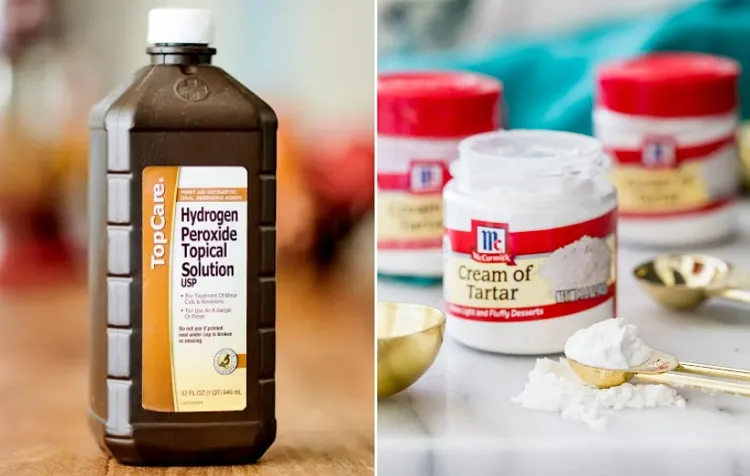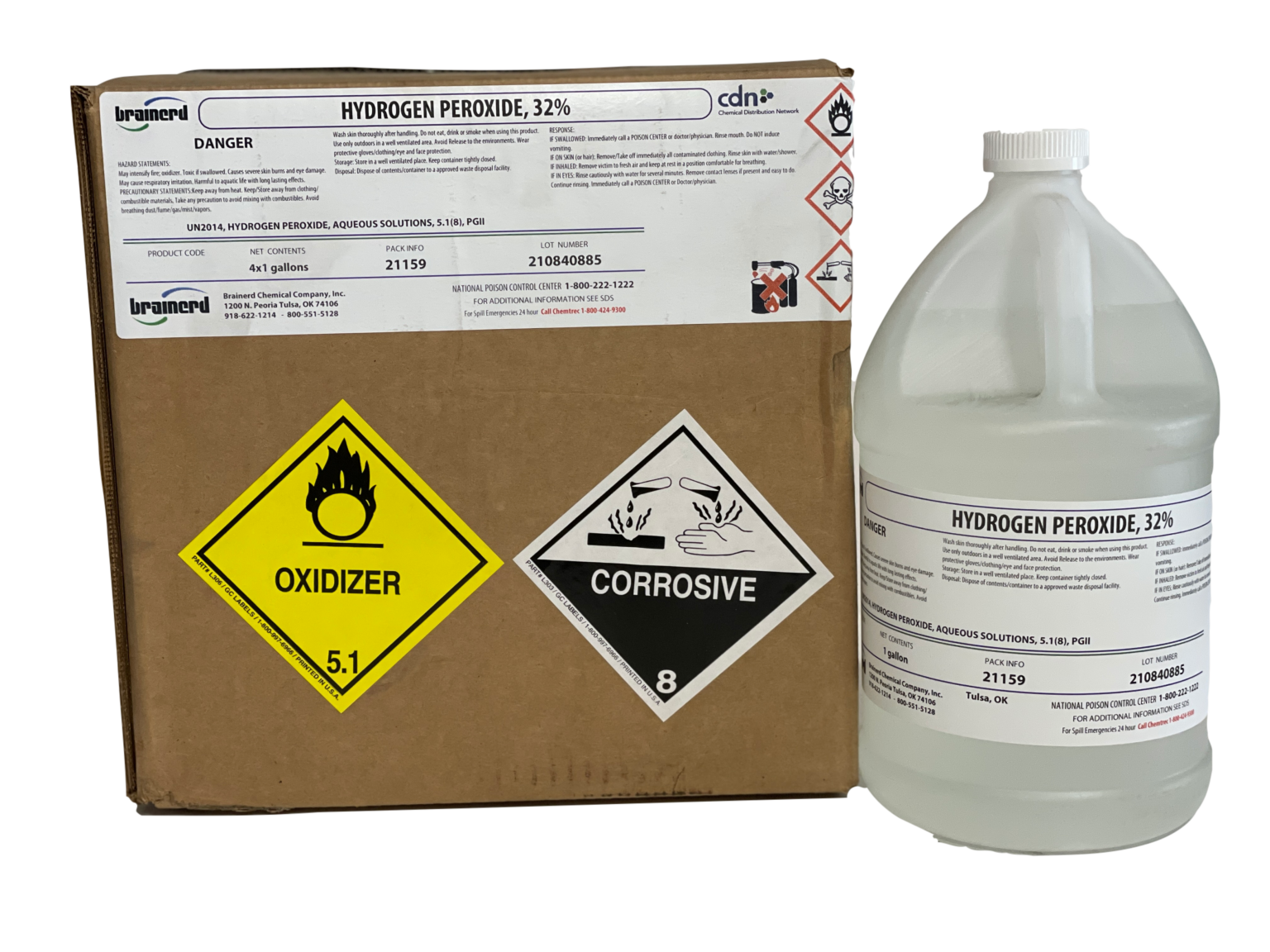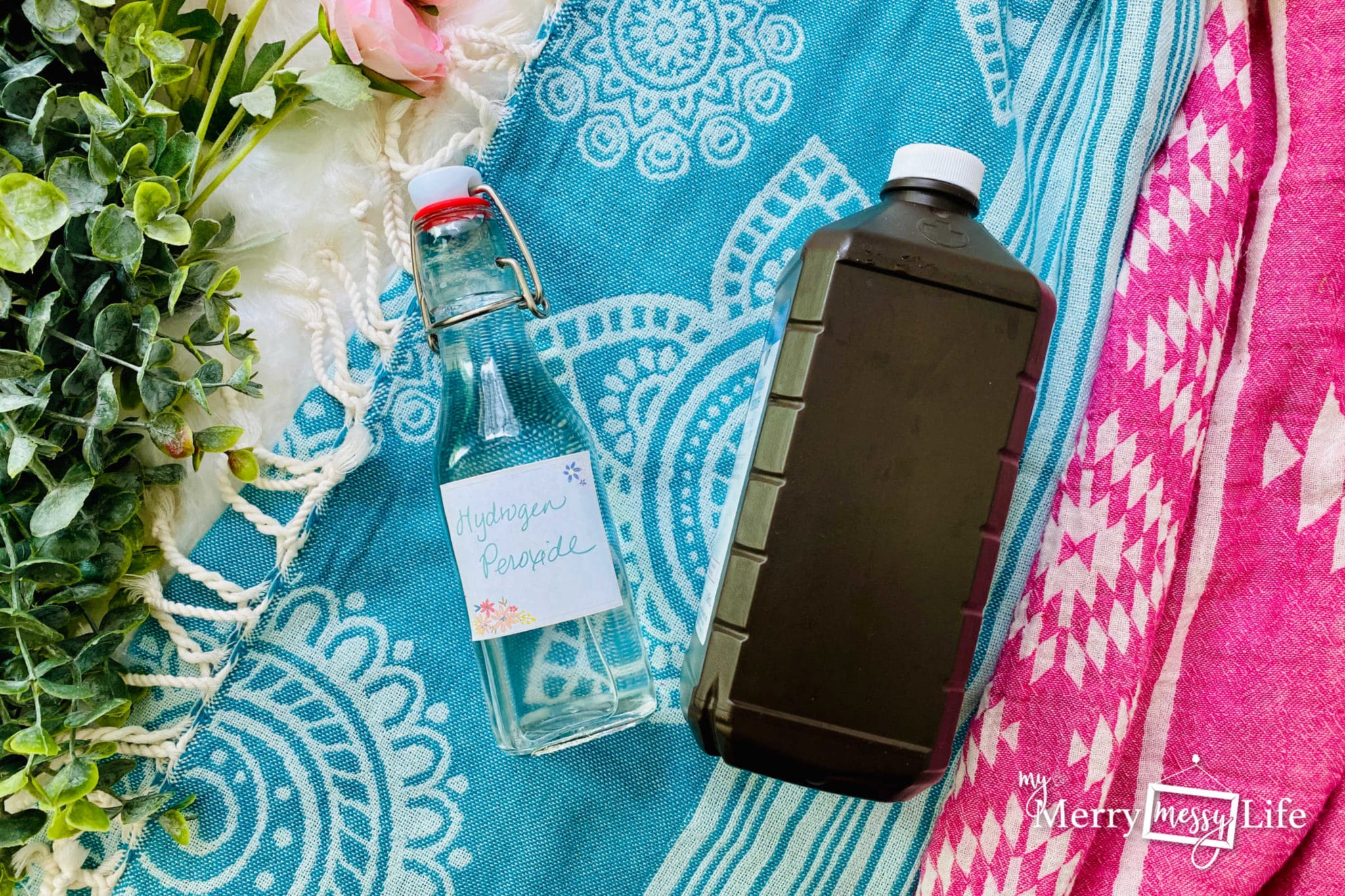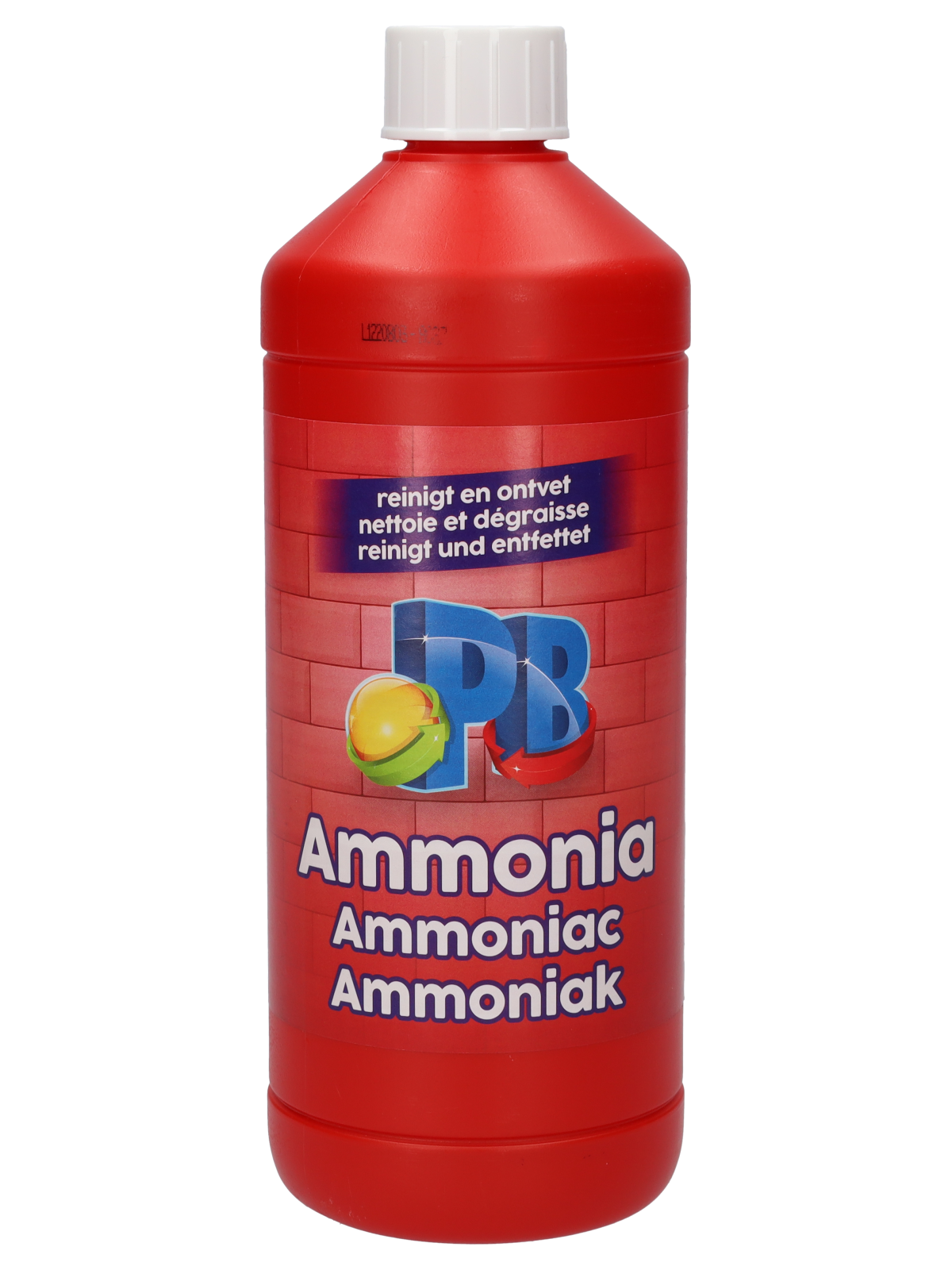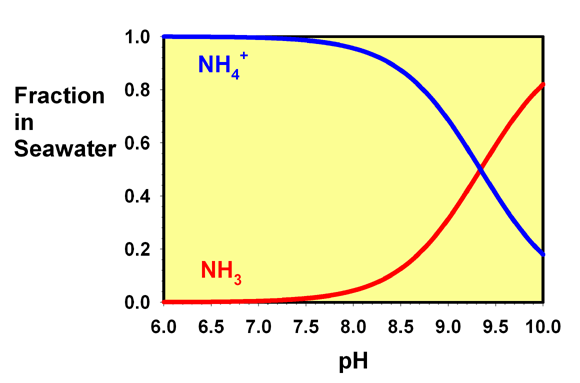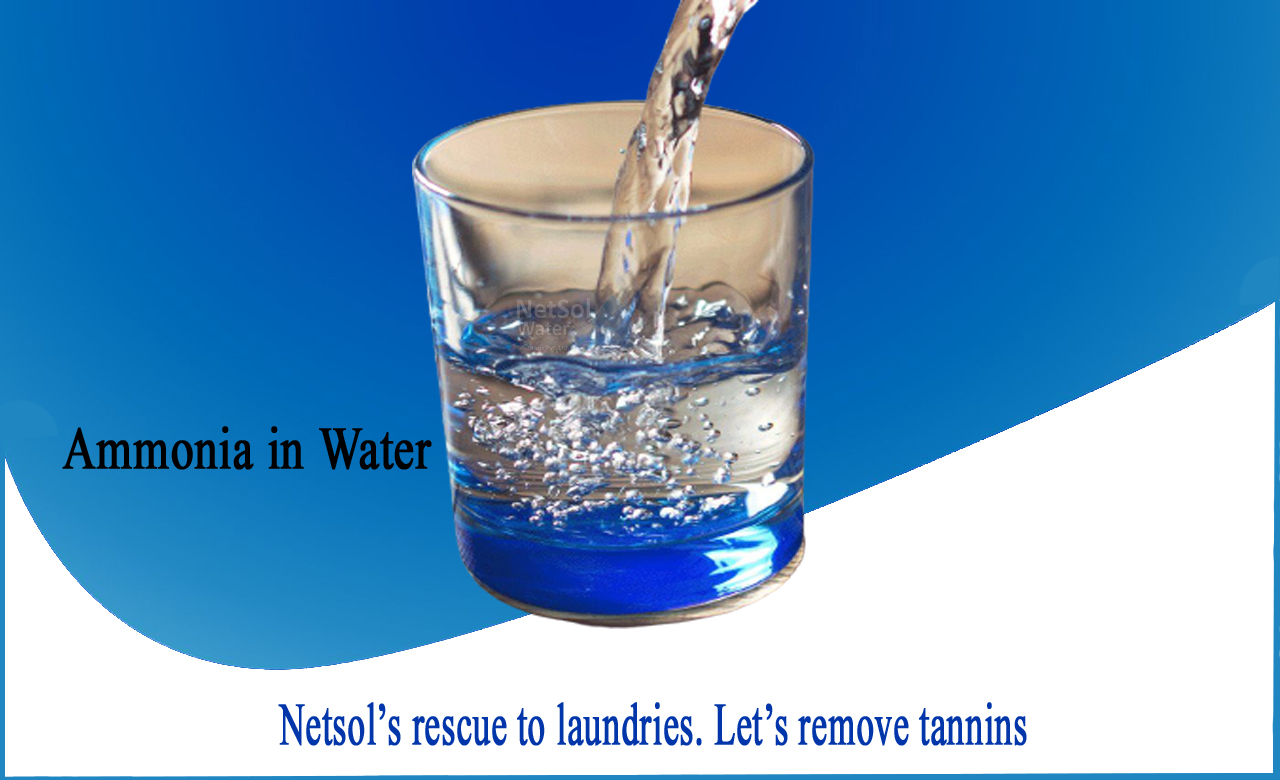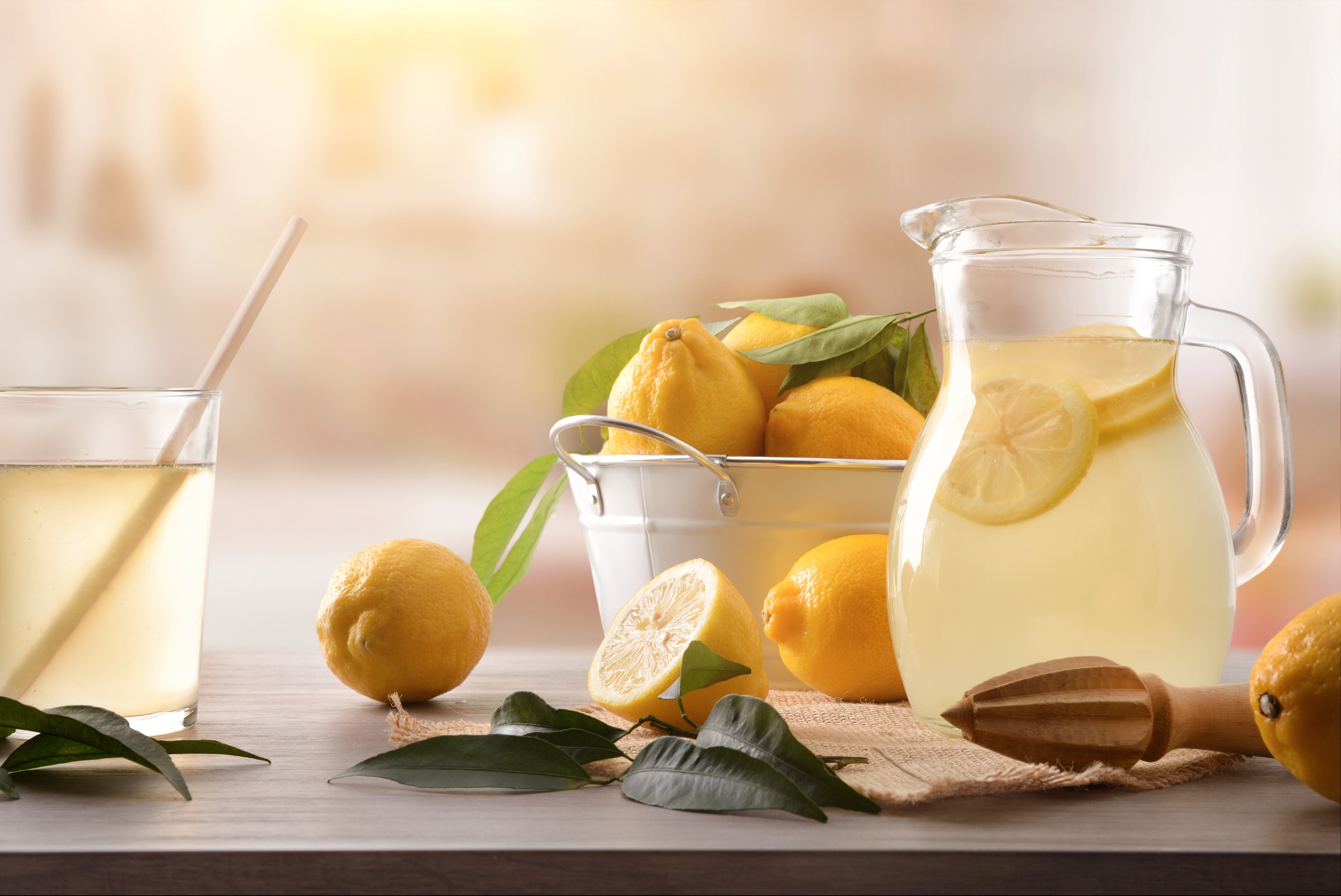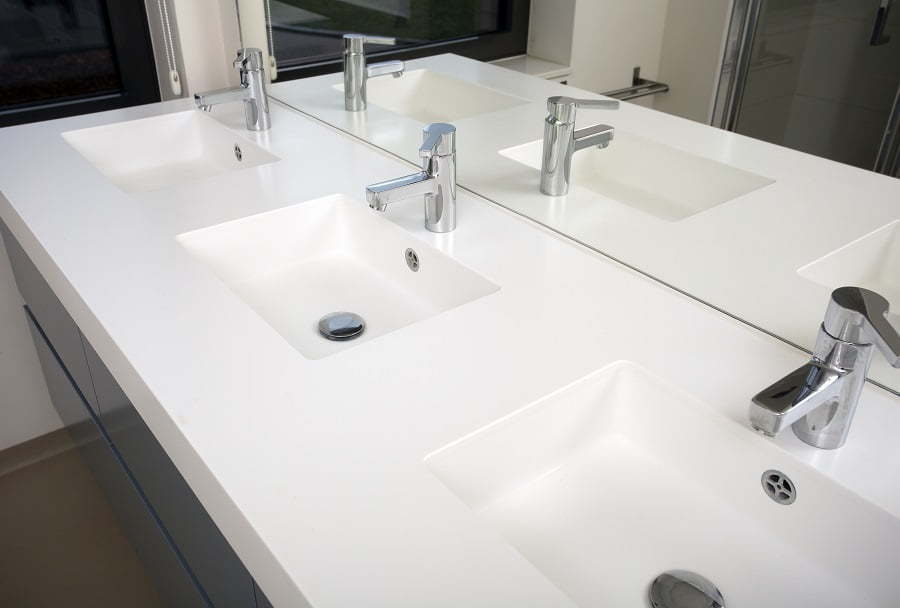When it comes to cleaning, sometimes the simplest solutions are the most effective. This rings especially true for removing stains from your kitchen sink. One of the most powerful and versatile combinations for stain removal is baking soda and vinegar. Not only are these two ingredients easily accessible and affordable, but they also work together to tackle a variety of tough stains. Begin by sprinkling a generous amount of baking soda over the stained area of your sink. Then, pour white vinegar over the baking soda and watch as it begins to fizz and bubble. This chemical reaction helps to break down and lift the stain from the surface of your sink. Let the mixture sit for a few minutes before scrubbing with a scrub brush or toothbrush. Rinse with water and repeat if necessary.1. Baking Soda and Vinegar: A Dynamic Duo for Stain Removal
If you're looking for a more natural solution for stain removal, look no further than your kitchen pantry. Lemon juice and salt work together to create a powerful stain-fighting mixture that is gentle on your sink's surface. The acidity of the lemon juice helps to break down tough stains while the abrasiveness of the salt helps to scrub them away. To use this mixture, sprinkle salt over the stained area and then squeeze lemon juice over the salt. Use a cloth or sponge to scrub the mixture into the stain. Let it sit for a few minutes before rinsing with water. For particularly stubborn stains, you can also add a little baking soda to the mixture for added power.2. Lemon Juice and Salt: A Natural and Effective Stain Remover
In addition to being a staple in first aid kits, hydrogen peroxide is also a powerful cleaning agent. When combined with baking soda, it creates a powerful stain-fighting combination that can tackle even the toughest of stains. This mixture is particularly effective for removing grease and oil stains from your kitchen sink. To use, combine baking soda and hydrogen peroxide to create a paste. Apply the paste to the stained area and let it sit for at least 15 minutes. Then, use a scrub brush or toothbrush to scrub the mixture into the stain. Rinse with water and repeat if necessary.3. Hydrogen Peroxide and Baking Soda: A Powerful Stain-Fighting Combination
If you're dealing with tough stains on your kitchen sink, you'll want to bring out the heavy hitters – white vinegar and dish soap. These two ingredients work together to create a powerful stain-fighting team that can remove even the most stubborn stains. The vinegar helps to break down the stain while the dish soap helps to lift it from the surface of your sink. To use this mixture, mix equal parts white vinegar and dish soap in a spray bottle. Spray the solution onto the stained area and let it sit for a few minutes. Then, scrub with a scrub brush or sponge and rinse with water.4. White Vinegar and Dish Soap: A Powerful Team for Stain Removal
It may seem strange to use toothpaste to clean your kitchen sink, but it can be surprisingly effective at removing stains. The baking soda in toothpaste helps to scrub away stains while the fluoride in toothpaste can also help to break down tough stains on your sink's surface. To use this method, apply a small amount of toothpaste to the stained area and use a toothbrush to scrub it into the stain. Let it sit for a few minutes before rinsing with water.5. Toothpaste and Baking Soda: A Surprising Solution for Stain Removal
If you don't have any baking soda on hand, you can also use salt and lemon to create a natural and effective stain-removing mixture. The acidity of the lemon helps to break down the stain while the salt helps to scrub it away. To use, sprinkle salt over the stained area and then squeeze lemon juice over the salt. Let it sit for a few minutes before scrubbing with a cloth or sponge. Rinse with water and repeat if necessary.6. Salt and Lemon: A Natural and Effective Stain-Fighting Duo
Another surprising solution for removing stains from your kitchen sink is club soda and salt. The carbonation in club soda helps to lift stains while the salt acts as a scrubbing agent to remove them from the surface of your sink. To use, mix equal parts club soda and salt and apply the mixture to the stained area. Let it sit for a few minutes before scrubbing with a cloth or sponge. Rinse with water and repeat if necessary.7. Club Soda and Salt: A Surprising Solution for Stain Removal
If you're dealing with particularly tough stains on your kitchen sink, you may need to bring out the big guns – cream of tartar and hydrogen peroxide. This powerful combination is especially effective for removing coffee and wine stains. To use, mix equal parts cream of tartar and hydrogen peroxide to create a paste. Apply the paste to the stained area and let it sit for at least 30 minutes before scrubbing with a scrub brush or toothbrush. Rinse with water and repeat if necessary.8. Cream of Tartar and Hydrogen Peroxide: A Powerful Stain-Fighting Combination
If you're dealing with tough, set-in stains on your kitchen sink, you may need to use a stronger solution to remove them. Ammonia mixed with water can be an effective solution for removing stubborn stains, but it should be used with caution. Mix equal parts ammonia and water and apply the solution to the stained area. Let it sit for a few minutes before scrubbing with a scrub brush or sponge. Rinse with water and repeat if necessary. Be sure to wear gloves and work in a well-ventilated area when using ammonia.9. Ammonia and Water: A Strong Solution for Stain Removal
Finally, for a powerful and natural solution for stain removal, you can use borax and lemon juice. Borax is a natural mineral that has powerful stain-fighting properties, and when combined with the acidity of lemon juice, it can be an effective solution for removing tough stains from your kitchen sink. To use, mix equal parts borax and lemon juice to create a paste. Apply the paste to the stained area and let it sit for at least 30 minutes before scrubbing with a scrub brush or toothbrush. Rinse with water and repeat if necessary. With these 10 powerful and effective solutions for stain removal, you can keep your kitchen sink looking clean and spotless. Remember to always spot test any mixture on a small, inconspicuous area of your sink before using it on a larger stain. By using these natural and affordable ingredients, you can say goodbye to tough stains and hello to a sparkling clean kitchen sink.10. Borax and Lemon Juice: A Powerful and Natural Stain-Fighting Mixture
How to Keep Your Kitchen Sink Stain-Free: Tips and Tricks
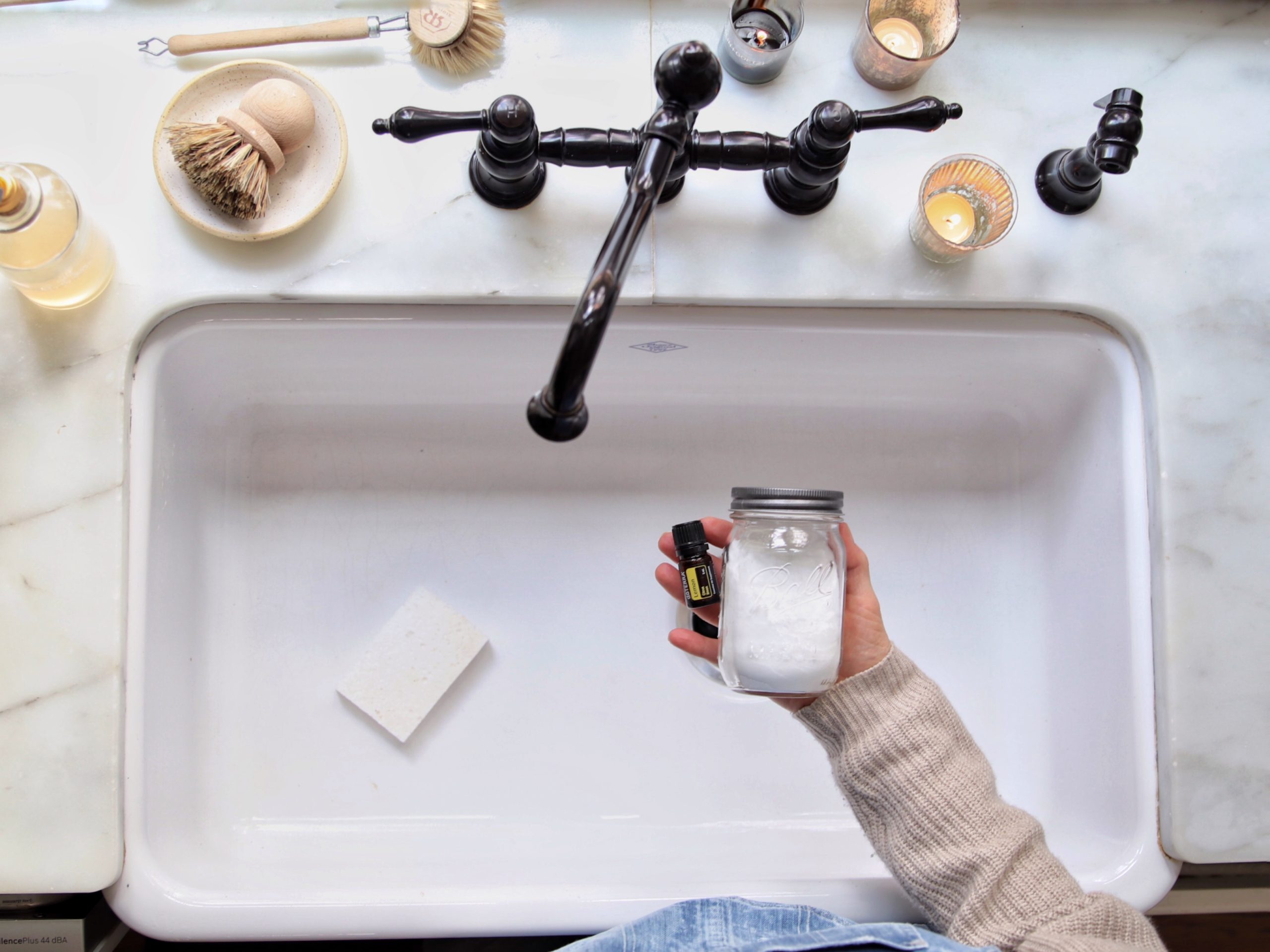
The kitchen sink is an essential part of any household. It is where we wash our dishes, prepare our food, and even clean our hands. With all the daily use, our kitchen sink can quickly become stained and dirty, making it an eyesore in an otherwise beautiful kitchen. Fortunately, there are several easy and effective methods for removing stains from your kitchen sink, leaving it sparkling clean and looking as good as new.
Step 1: Identify the Type of Stain

Before you start scrubbing away at your sink, it is essential to identify the type of stain you are dealing with. This will determine the best method for removing it. Common types of stains in kitchen sinks include food and beverage stains, rust stains, and hard water stains.
Food and beverage stains can be easily removed by using a mixture of baking soda and water. Simply make a paste and apply it to the stained area, letting it sit for a few minutes before scrubbing and rinsing off.
Rust stains can be more challenging to remove, but not impossible. You can use a mixture of lemon juice and salt or a commercial rust remover to get rid of these stubborn stains.
Hard water stains can be identified by their white or chalky appearance. To remove them, mix equal parts of white vinegar and water and spray it onto the affected area. Let it sit for a few minutes before scrubbing and rinsing off.
Step 2: Regular Cleaning and Maintenance

The best way to keep your kitchen sink stain-free is to regularly clean and maintain it. This includes wiping it down after each use, avoiding leaving dirty dishes in the sink for extended periods, and using a mild cleaner to give it a thorough cleaning at least once a week.
Another important aspect of maintenance is to avoid using harsh chemicals or abrasive cleaners on your sink, as these can cause damage and make it more prone to staining. Stick to mild cleaners and natural solutions like baking soda and vinegar.
Step 3: Preventing Stains in the First Place

Prevention is always better than cure, and this applies to keeping your kitchen sink stain-free as well. Here are a few tips to prevent stains from occurring in the first place:
- Use a sink mat: Placing a sink mat at the bottom of your sink can help prevent scratches and stains from forming.
- Wash dishes promptly: Leaving dirty dishes in the sink for too long can lead to stains and buildup. Try to wash dishes as soon as possible.
- Don't pour hot oil down the drain: Hot oil can leave a stubborn stain in your sink. Dispose of it in a separate container instead.
- Use a water softener: If you have hard water in your area, consider investing in a water softener to prevent mineral buildup in your sink.
By following these simple tips and regularly cleaning and maintaining your kitchen sink, you can keep it looking spotless and stain-free for years to come.
Now that you know how to keep your kitchen sink stain-free, you can enjoy a clean and beautiful kitchen every day. So say goodbye to those pesky stains and hello to a sparkling clean sink!




